The Birkbeck Institute for the Study of Antisemitism holds seminars, workshops and conferences for scholars, and lectures, discussions and film screenings that are open to everyone.

This conference is planned as a follow-up to the four successful conferences, which took place at Imperial War Museum London in 2003, 2006, 2009 and 2012. The aim is to bring together scholars from a variety of disciplines who are engaged in research on all groups of survivors of Nazi persecution.
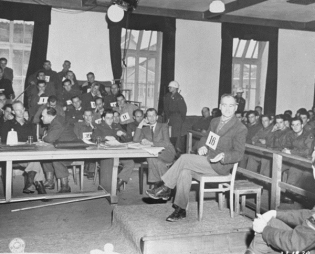
Professor Wachsmann will explore the second life of Edgar Kupfer and the lives of others who survived the concentration camps, estimated at up to half a million people. He will consider the first months and years after liberation, looking at the fate of survivors, at the testimony and memory of the camps, and at the punishment of perpetrators.
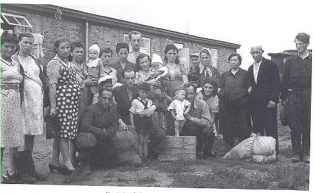
Professor Grossmann addresses a transnational Holocaust story that remarkably – despite several decades of intensive scholarly and public attention to the history and memory of the Shoah – has remained essentially untold, marginalized in both historiography and commemoration.
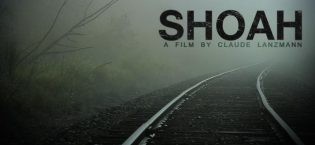
This is a rare opportunity to see Shoah in its entirety and have a discussion dealing with its significance as a cinematic work, as testimony, and as an interpretation of the Holocaust.
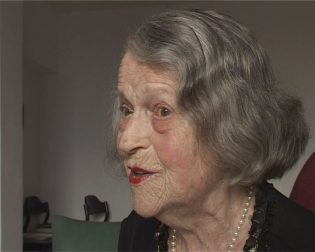
This remarkable film-documentary tells the story of Edith Kraus a talented young Jewish pianist who survived the Theresienstadt (Terezin) ghetto by giving concerts. Edith Kraus tells her story – of trauma and of life – in words and music.

This award-winning biopic/film explores the life of Hannah Arendt, the influential German-Jewish philosopher and political theorist. Arendt’s reporting on the 1961 trial of Adolf Eichmann, one of the major figures in the organization of the Holocaust introduced her now-famous concept of the ‘Banality of Evil.’
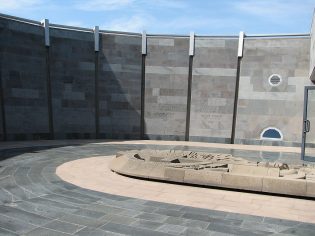
In this half-day workshop, a number of leading genocide scholars will reflect on some of the key issues raised by the Armenian genocide and on its significance in the wider context of the history of the ‘crime of crimes’, both in relation to the Holocaust and to other cases.
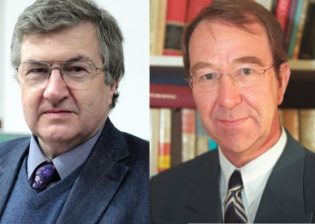
In a rare public event, two of the world’s leading historians of modern Germany reflect on the ways in which our understanding of Nazi Germany has been transformed and continues to evolve.
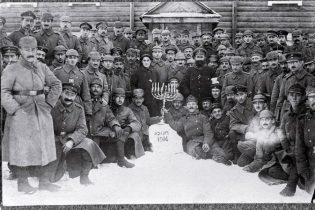
The importance of the war for European and global history has been evident for a hundred years. Its consequences and meanings for Jews and Jewish history, however, have received remarkably little attention. Only by understanding the Jewish experience of the First World War, David Rechter suggests, can we properly grasp the course of later Jewish history and the tragedy that was to come.

In this conference we aim to bring together Holocaust scholars with experts in the emerging field of gender and genocide. 2015 will mark the centenary of the Armenian genocide and, accordingly, we aim to pay particular attention to research that focuses on its specific history and memory.

The workshop’s emphasis is on modern writing about Jews, money and economy. It aims to provide a forum for presenting and analysing the most recent critical and theoretical approaches for understanding self-representations of Jewish economic activity in the modern Diaspora, Mandate Palestine and Israel.
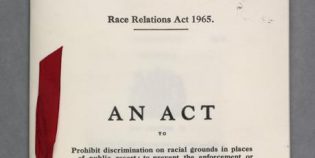
This collaborative event marks the 50th anniversary of the UK’s first Race Relations Act. Three scholars working in this field reflect on the history of race relations law in Britain and offer their perspectives on what has been achieved, and looking forward, what still needs to be done.

Refugees and other migrants evoke powerful responses from politicians, the press and the public. In the middle of the twentieth century just 2% of the British population was born abroad, today the equivalent figure is 13%. In this timely lecture, David Feldman explores how changing ideas about British identity have shaped responses to immigration.

This talk will describe these campus battles between Zionist and anti-Zionist activists, both of whom claimed to be opposing racism. In so doing, it will explore the origins of New Left anti-Zionism and its relationship to the idea of a ‘new antisemitism’.
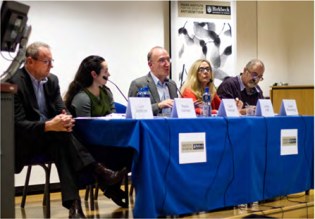
The aim of the panel will be to ask to what extent relations between Jews and the left have turned sour. In so far as they have, why has this happened? Does negative commentary in the Jewish press and elsewhere reflect or inflame opinion? Finally, the panel will ask what it is that Jews and people on the left should do now?

This one day colloquium will revisit the relationship between racism and nationalism in light of historic events of the past 12 months – the Scottish Referendum of September 2014 and the General Election of May 2015.
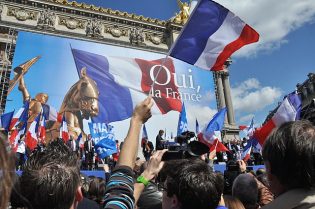
This event brings together leading commentators and scholars to discuss British and European asylum and immigration policy and what current research tells us about the implications of the migrant crisis for the rise of the populist right.

We will demonstrate that perceptions of conflicts in the Middle East are often overlaid by memories of the Holocaust, by debates about colonialism, and an increasing anti-Muslim racism in Europe.
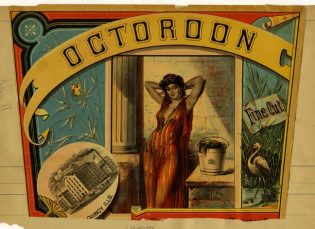
In Victorian culture, the octoroon (a person with one-eighth black blood) was a kind of vanishing point, a focus of anxiety about detecting the taint of ‘bad’ blood. While in the twentieth century, the Nazis sought to protect ‘pure’ German blood from becoming tainted by the blood of Jews. Professor Luckhurst explores literary and cultural representations of mixed bloods.
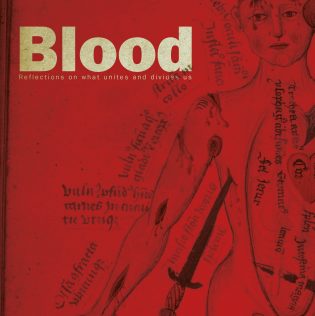
Drawing on documents ranging from a late story by Grace Paley, to recent ethnography of Yiddish philanthropy as fictive kinship, to artistic re-imaginings of a lost family album, Professor Boyarin will begin to articulate the hopes and anxieties underlying the tenuous image of the future in which our records of the past take shape.
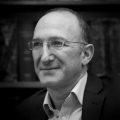
We build alliances to promote knowledge and share understanding, making our work ever-more relevant in a world threatened by populisms and conspiracy theories from the political left and right
Professor David Feldman, Director